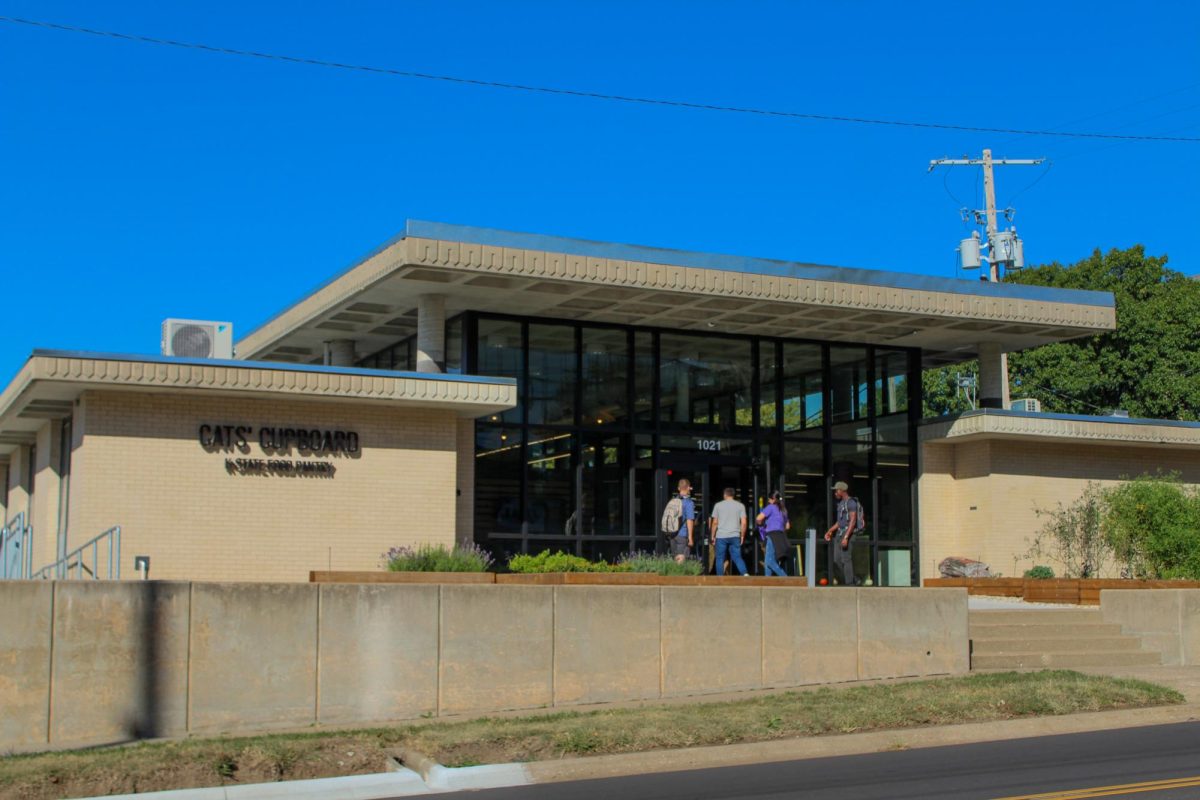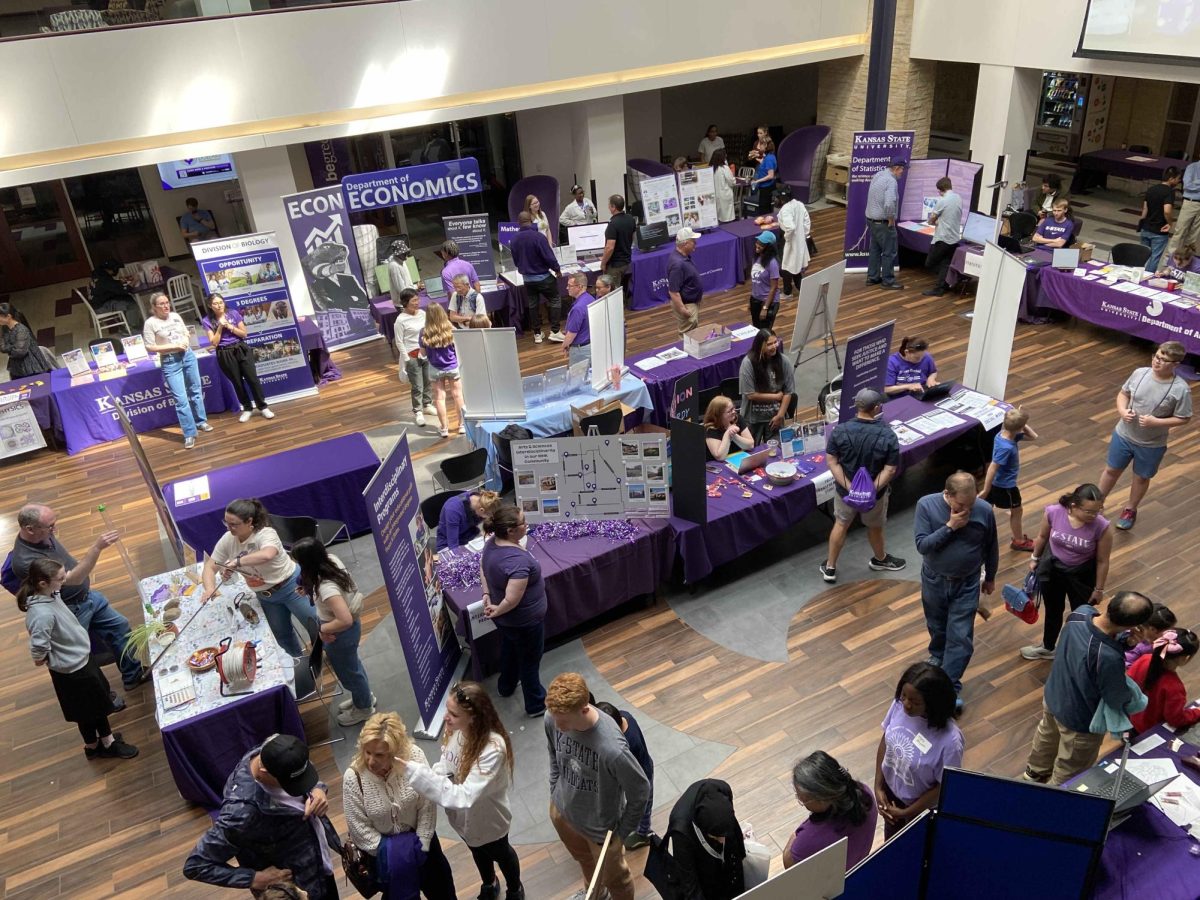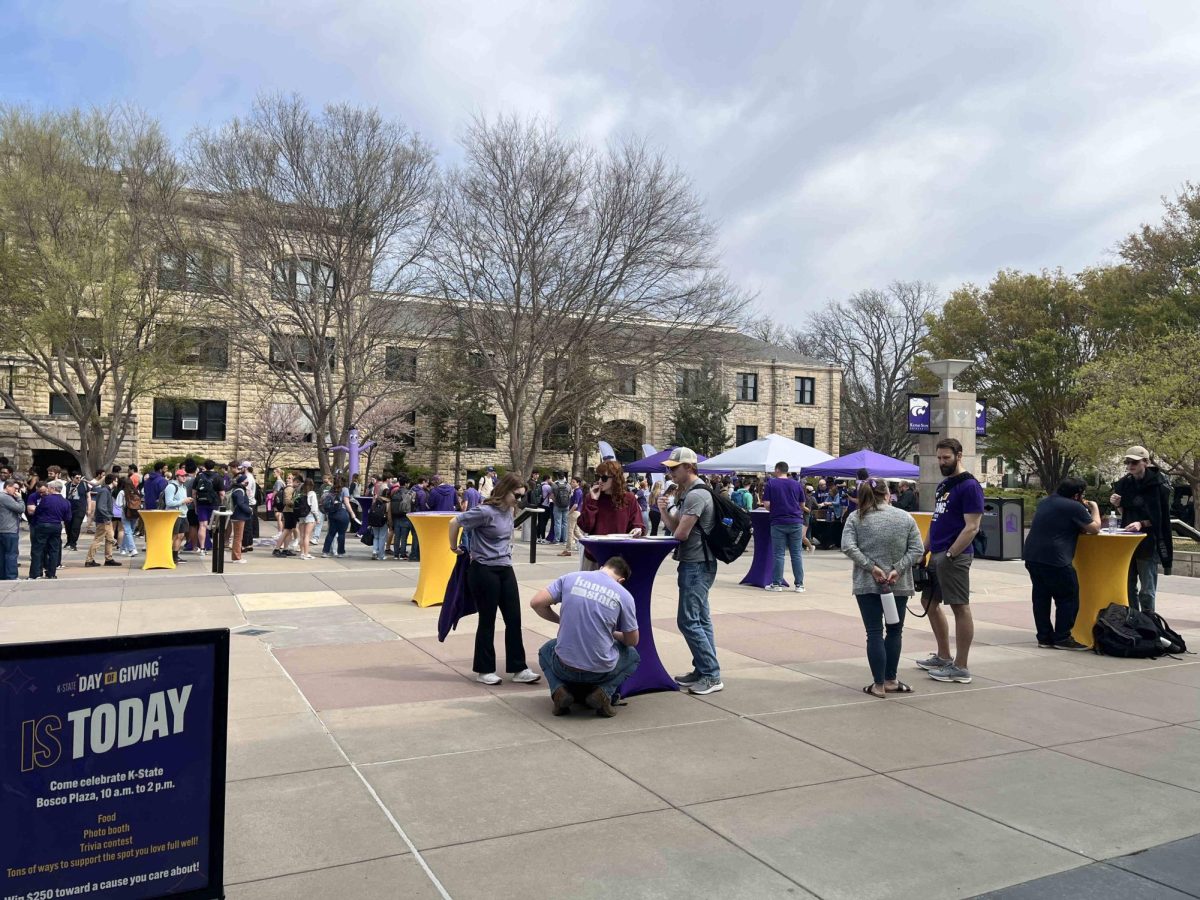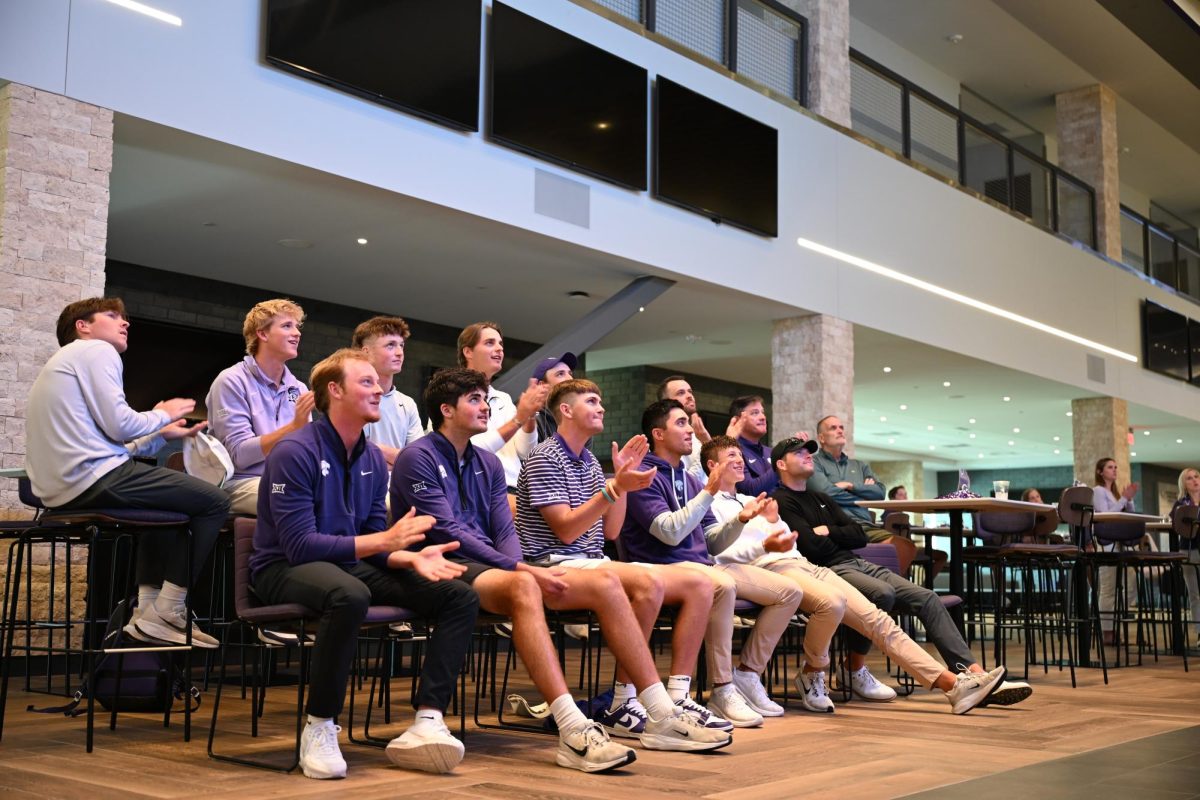A new bill by the Student Governing Association aiming to retain and attract new members by offering $32,400 yearly of premium parking passes for the school’s parking garage passed 27-13-3. This decision sparked a significant debate in SGA and the student body concerning the use of Student Services Fees contributed by the student body.
Central to the debate is the personal sacrifices made by some student representatives, who face significant financial cost for being involved in SGA. Senator Katie Zachgo shed light on the financial dilemma faced by those interested in SGA while the bill was on the floor.
“The opportunity cost for the senate was almost too high for me, I was missing out on $100 pre-taxed pay every week,” Zachgo, sophomore in marketing and sales, said.
The proposed bill, however, raises critical questions about how we value and support our student leaders. At first glance, the idea of compensating SGA senators with parking passes may seem like an attractive incentive. However, allocating such a substantial portion of student fees toward parking passes when student lots are free after 5 p.m. is not being fiscally responsible with the Student Services Fee. It is essential to recognize the financial challenges and sacrifices that come with student leadership, but the solution should not be something that is already free.
Since SGA meets in the Kansas State Student Union every Thursday, the premium parking passes would allow them to park as close as possible to attend senate meetings. However, this initiative raises several concerns about resource allocation, equity and the actual utility of such perks.
The premium parking passes come with a higher price tag of $480 opposed to $198 for the standard parking pass, almost a 242% increase or $16,920 annual waste of funding. This expenditure is troubling given the myriad of other needs and priorities that could be better served with these resources.
For students who live within walking distance or do not own a car, this benefit is entirely moot. The strategy fails to consider the diverse circumstances of the student body, offering a one-size-fits-all solution that, in reality, fits only a select group. When conducting research of this compensation package for senators, a survey was only provided to current SGA members and not potential student body members.This oversight suggests a disconnect between SGA’s initiatives and the actual needs and realities of its potential members.
While the intent behind compensating SGA members — to recognize their contributions and attract new members, including those who may face financial barriers — is commendable, the choice of compensation raises questions about effectiveness and equity. A $300 scholarship, for instance, would offer a more universally beneficial and equitable form of compensation. Unlike parking passes, scholarships could support a wider range of needs, regardless of their transportation needs.
As the SGA moves forward, it is crucial to reconsider how it seeks to attract and compensate its members. The focus should shift toward creating incentives that are both inclusive and reflective of the diverse needs of the student body.








































































































Dawson Wagner • Mar 6, 2024 at 7:54 pm
Great article Nick! I really enjoyed your break down of this issue. Glad to see someone help us understand what some members of SGA are proposing.